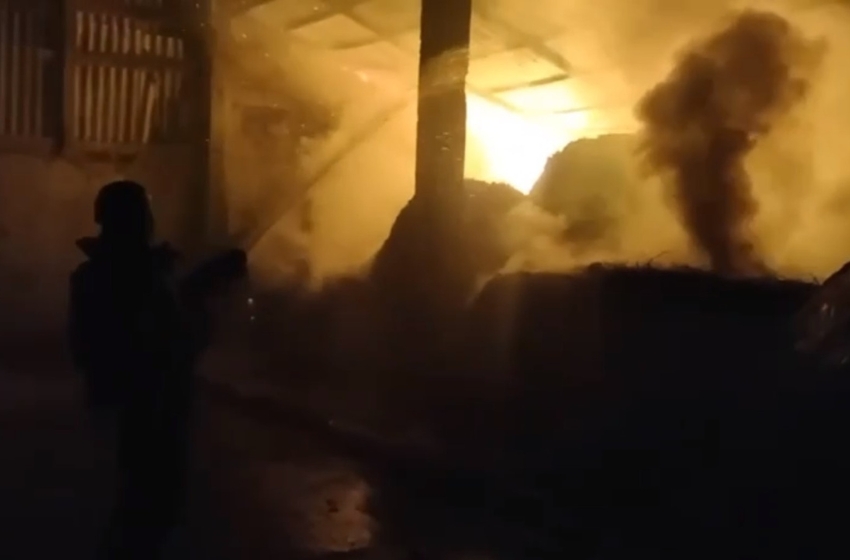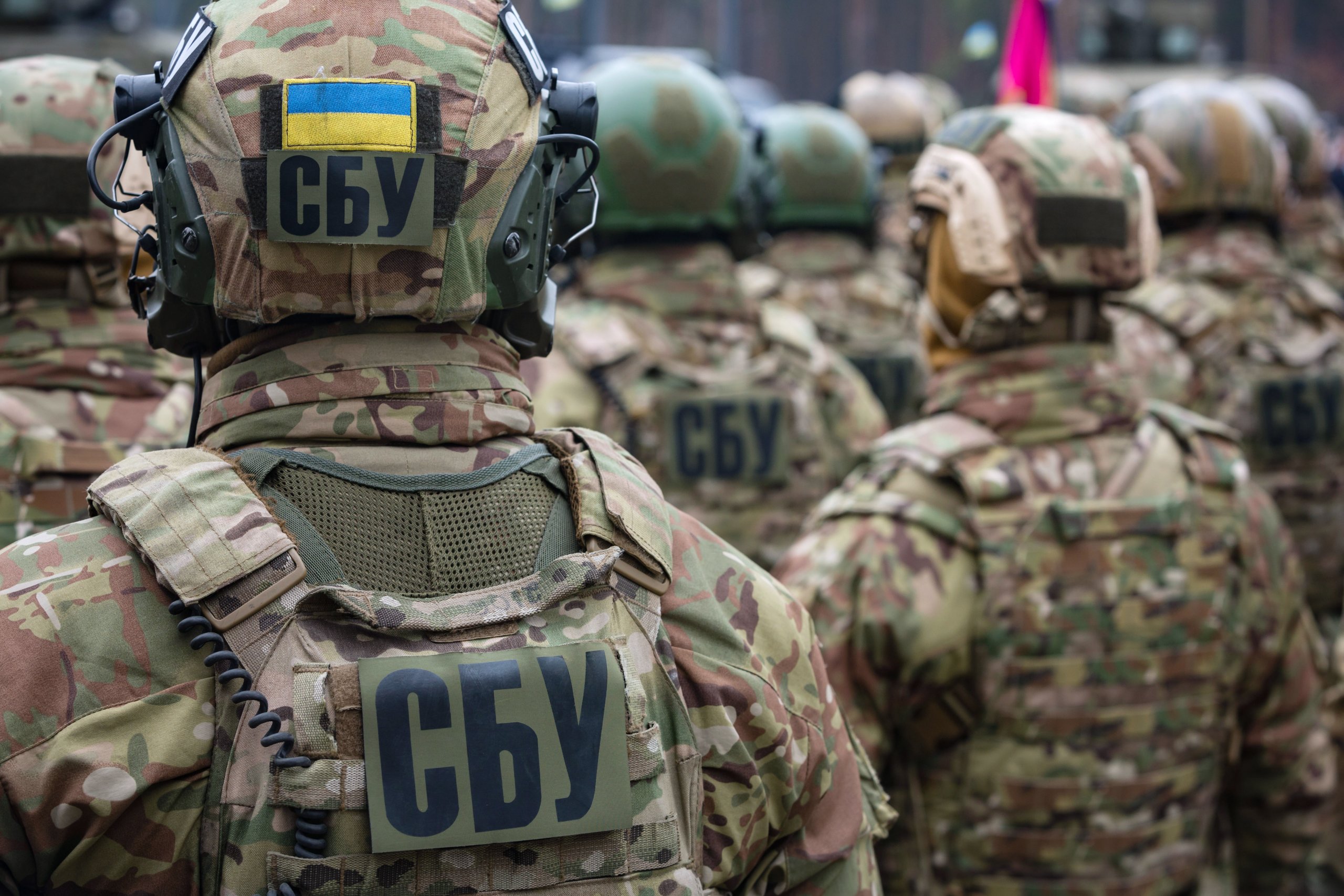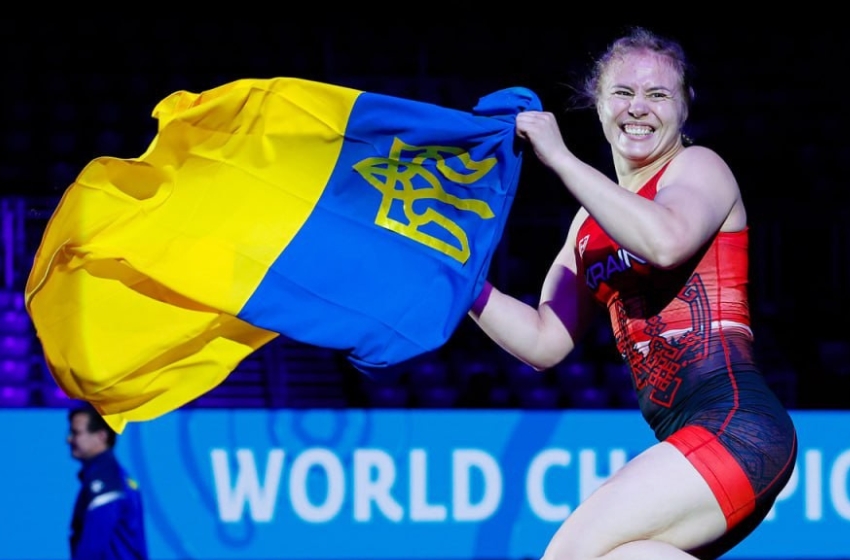Since Russia poses a threat to the entire NATO alliance, member countries must increase defense spending and exert pressure on Russia to stop the fire in Ukraine.
This was stated by the Estonian Minister of Foreign Affairs, Margus Tsahkna, in Brussels.
"I think everyone in Europe understands that any armed aggression by Russia against NATO will be paid for by all. And it is much cheaper to invest in defense right now than to deal with the consequences... Russia will remain a threat to NATO," said the minister, adding that the goal is to convince the current U.S. administration of this.
Tsahkna mentioned that discussions on supporting Ukraine on the first day of the NATO Foreign Ministers' meeting on April 3rd went "well."
"Everyone understood that Putin now is not about peace. He demands more, and not just concerning Ukraine. He is simply setting new conditions. And it is entirely clear that there must be some red lines in the schedule so that President Trump can no longer wait. Therefore, we also called for tougher sanctions. Furthermore, we insist on applying all possible pressure to finally end the fire and start talking about a sustainable and lasting peace," Tsahkna noted.
The minister acknowledged that for countries bordering Russia, like Estonia, protection from the neighbor is an existential issue. However, he expressed hope that other countries on the continent now understand this as well. Tsahkna praised the decisions of Germany, Finland, Sweden, and many other countries that are increasing their defense spending and reminded that Estonia plans to raise its defense spending to 5% of GDP next year.
"Honestly, I would have been happier if this attitude had been present ten years ago, but at least we have it now," the diplomat said.
He expressed hope that Alliance members would reach an agreement on allocating at least 3.5% of GDP at the Hague summit this summer. At the same time, the head of the Ministry of Foreign Affairs also considers it important to show NATO partners, especially the U.S., that not only member countries but also the European Union are capable of acting to strengthen their own defense capabilities. He assessed the €800 billion package as a very positive step.





















